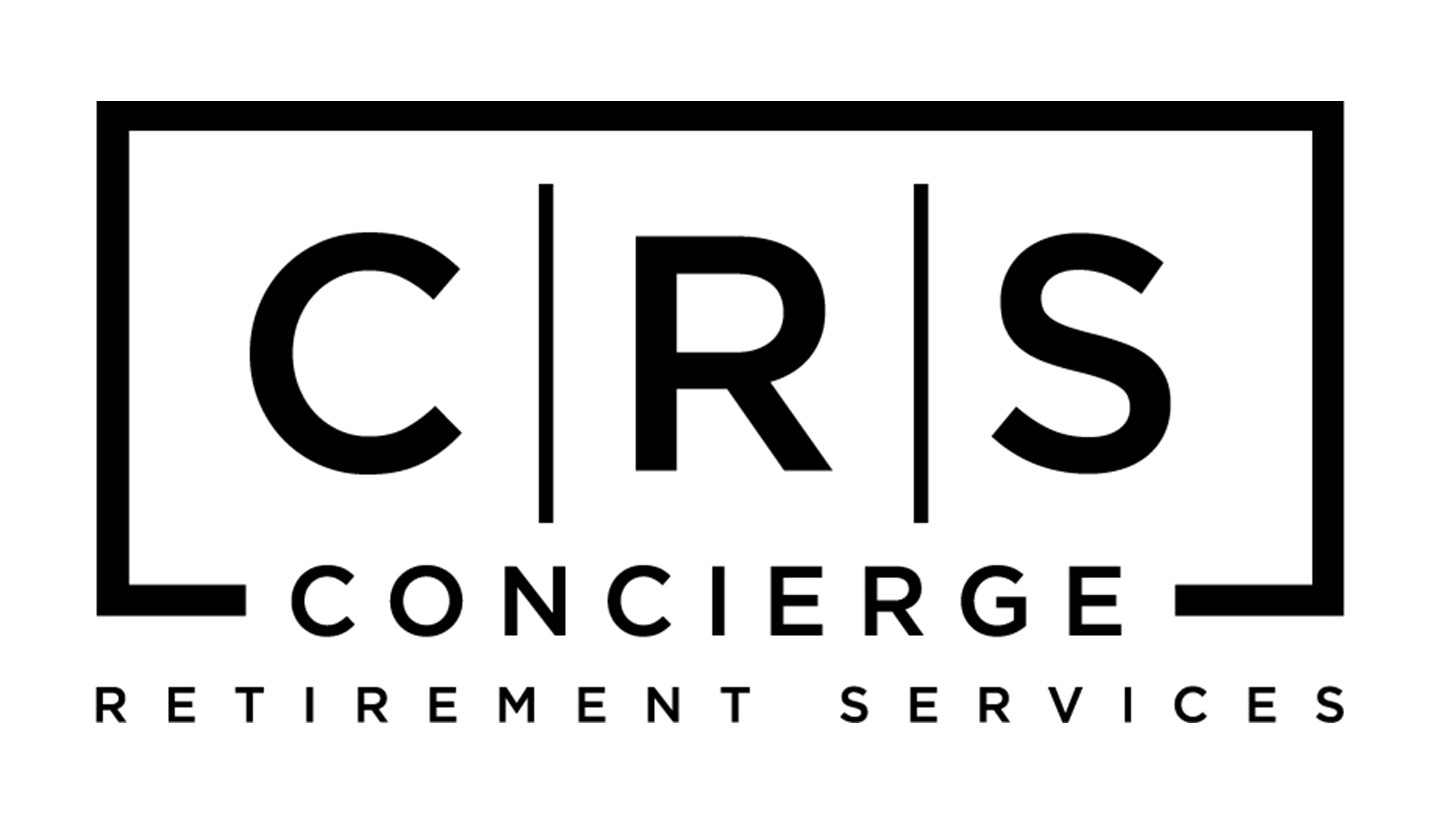Tens of millions of Americans are out of work while the stock market’s wild swings are making you dizzy, and you wonder… what are the rules of retirement in this new world we now live in? Has there really been a shift in the tried and true rules to a secure retirement? The answers are yes and no. In reality, these “new rules” are not that new at all.
Old Rule: Make Retirement Savings Your Number One Priority.
New Rule: Make Shedding Debt, Especially High Interest Debt (read that as credit card debt) Your Number One Priority.
If you are playing catch-up with your retirement as you grow older because you did not save enough, lowering debt is the surest way to free you up to save more. As I mentioned in an earlier article, you can and should use your retirement account to shed debt. Your plan likely allows you to take out a loan. Use that loan to pay down or eliminate high interest debt. Where does the repayment of the principal and interest go? Back into your account! And in these low interest times, you will probably be paying yourself back at the prime rate plus 2%. Most important, the CARES Act expanded the size of the loan you are allowed to take, and also allows you to stretch out some of the repayment terms.
Old Rule: Retirees Should Greatly Reduce Their Exposure To Stocks.
New Rule: Retirees Should Not Shun Stocks.
A recent article in the Washington Post cites inflation risk as something many retirees tend to overlook. That is true. But inflation is not the only reason it is wise to allocate some percentage of your retirement portfolio to stocks. On top of the inflation risk, there is something called mortality risk, which is the risk of living too long and, thus outliving your money. One out of three retirees will live beyond age 90. One out of seven will live to 95! So if you were to retire at age 65, the challenge is making your money last another 25-30 years. Only a portfolio with some allocation to stocks has the probability of keeping up with inflation and making sure that your money does not run out.
Old Rule: Your Home Is A Great Retirement Investment.
New Rule: Your Home Is Not A Great Retirement Investment.
For our parents, their home served as a great investment for their retirement. Not so much for the baby boomers. My parents bought a modest home in Queens for $19,500 in 1962. They later moved to Florida and sold that home 35 years later for $550,000. All that house did was appreciate in value, year in and year out.
As some of us painfully learned in 2008, real estate is not recession proof. If you need money, selling into a down market can put you in a very precarious position. Right now, as a result of families fleeing urban areas due to the pandemic, the suburbs are experiencing a renaissance. Houses, even those in exurbia, are going for their asking price. For those of us who are able to work from home, we are beginning to question the need to commute into our offices every day for a job that can be handled remotely.
One day soon, the hope is there will be a vaccine and things will return to some sense of normality. Where will you and your home be when the pendulum swings back in the other direction?
Old Rule: You Will Need To Replace 70%-80% Of Your Preretirement Income To Live A Comfortable Retirement.
New Rule: You May Need To Replace 100% Of Your Preretirement Income To Live A Comfortable Retirement.
People expect that their expenses will decrease during retirement. The pandemic has given some of us a window into what those post-retirement expenses might look like. Not commuting to work, limited access to restaurants and staycations have all contributed to our reduced spending. Now that people are home more often, many folks are thinking, “if I have to be home, I want to make it as comfortable as possible.” As I drive around my neighborhood, I see more dumpsters than I remember seeing in the last 10 years. I do not think that people are saving their reduced expenses. Instead, they have merely redirected those savings elsewhere.
Many people still have mortgages on their homes; they are still buying and leasing cars or helping out their children, who may be struggling economically. Also, as people age, their health care costs can increase dramatically.
Assuming that your expenses will decline both in your earlier and later retirement years may very well be a false assumption.
A quick summary of the “new” retirement rules makes the following clear:
- Eliminate debt; even if you take a loan from your 401(k) to do so.
- Your portfolio should always contain some allocation to stocks as a hedge against inflation and living longer than expected.
- Viewing your home as your retirement safety net so that you do not feel the need to maximize your retirement savings is not necessarily the best choice.
- You can never really anticipate how much money you will need in retirement or what your expenses will look like so save, save, save!
Funny thing about these “new rules”… they look an awful lot like the old rules I have urged people to practice for the last 30 years.
Based upon information from the Washington Post, 5/4/2020.
